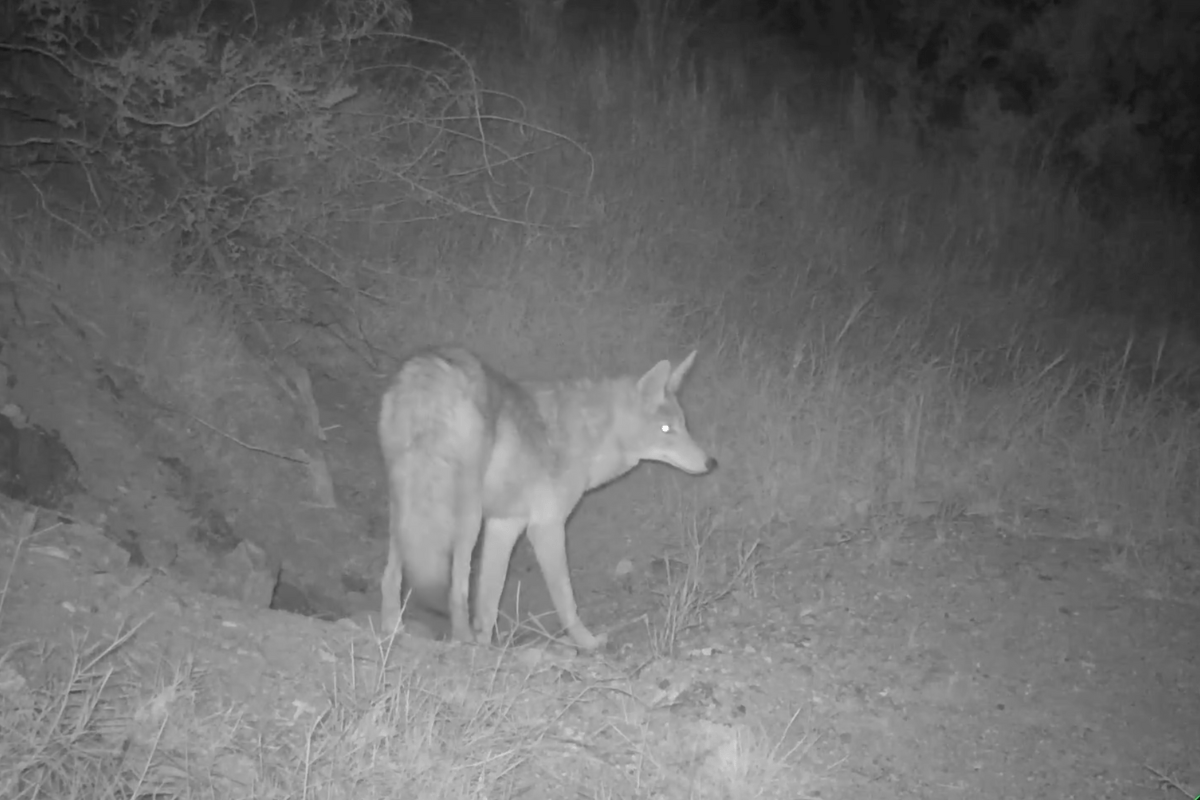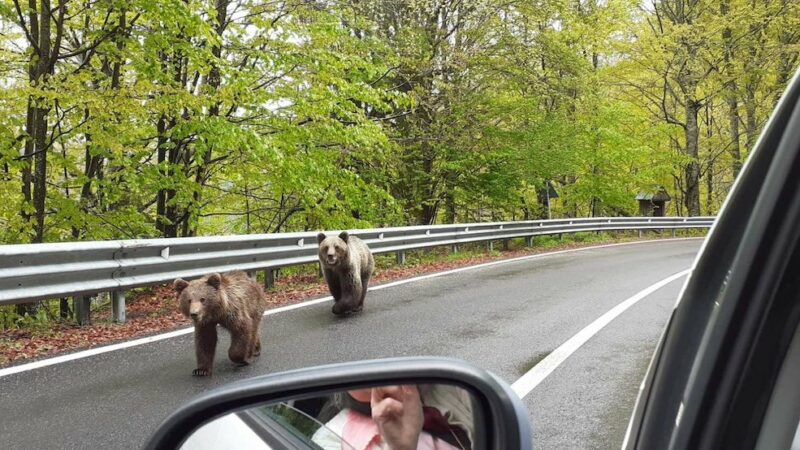Total Solar Eclipses Evoke Weird Animal Behavior
Today is the 2024 total solar eclipse across North America. Millions of humans on the continent will be acting a little weird, going outside and staring at the sun through special glasses or viewers. Non-human animals might act a little weird, too. In fact, for animals living within the path of totality, it’s likely they’ll be confused, anxious, or just acting a little off. Here’s a quick look at animal behavior during a total solar eclipse.

While humans know that a total solar eclipse happens when the moon passes between the earth and the sun, blocking most of the sun’s light temporarily, non-human animals know no such thing. For species that don’t use clocks and watches, day and night (as defined by the presence or absence of sunlight) govern their behavior as part of their circadian rhythm.
“Circadian rhythms are the physical, mental, and behavioral changes an organism experiences over a 24-hour cycle,” according to the NIH (National Institutes of Health). “Light and dark have the biggest influence on circadian rhythms.”
So, what happens when it appears to be night for several minutes in the middle of the day, like what’s happening today in Texas during the 2024 total solar eclipse? Short answer: many animals will think it is, in fact, nighttime.
When Day Becomes Night, Go to Bed?
A 1932 research paper detailing animal observations during a total solar eclipse noted behaviors from species like crickets, owls, and bees. These species started going about their nighttime business, despite it not actually being night.
“People reported observations that included crickets chirping, owls hooting and bees returning to their hives as the eclipse went on,” writes the USWS (U.S. Fish & Wildlife Service).
More recent eclipse events have showed the same. For instance, during a solar eclipse in India in 1995, night herons abandoned their daylight roosts, and in Kansas in 1994, there were reports of diurnal birds like great egrets, cattle egrets, snowy egrets, and little blue herons starting their evening routines during a solar eclipse.

75% Exhibit a Behavioral Response to a Total Solar Eclipse
A research paper from 2020 suggests three in four species may exhibit a behavioral response during a total solar eclipse. In this study, researchers took a look at 17 species during a total solar eclipse at the Riverbanks Zoo in Columbia, South Carolina. Since the animals were in human care, researchers had a good baseline understanding of how the animals behaved during a typical 24-hour cycle.
Like previous accounts and studies, researchers observed animals shifting to nighttime behaviors during the eclipse. Some also appeared to be anxious, based on their observed behaviors. Interestingly, reptiles became more active.
“Approximately 75% of observed species exhibited a behavioral response to the eclipse, with the majority of these animals engaging in their established evening or nighttime behaviors,” the research states. “The next most frequent response was apparent anxiety.”
In fact, 13 of 17 observed species were acting off in this study. Eight of the species began their nighttime routines when the sky went dark, while five species (baboons, gorillas, giraffes, flamingoes, and lorikeets) exhibited anxious behaviors.
Can you blame them, considering the day became night and then the night became day again, all within a matter of minutes? For North American animals in the 2024 solar eclipse’s path of totality, today’s about to get really weird.
Have you observed any notable animal behavior during a solar eclipse?
Source: https://outdoors.com/total-solar-eclipses-evoke-weird-animal-behavior/






